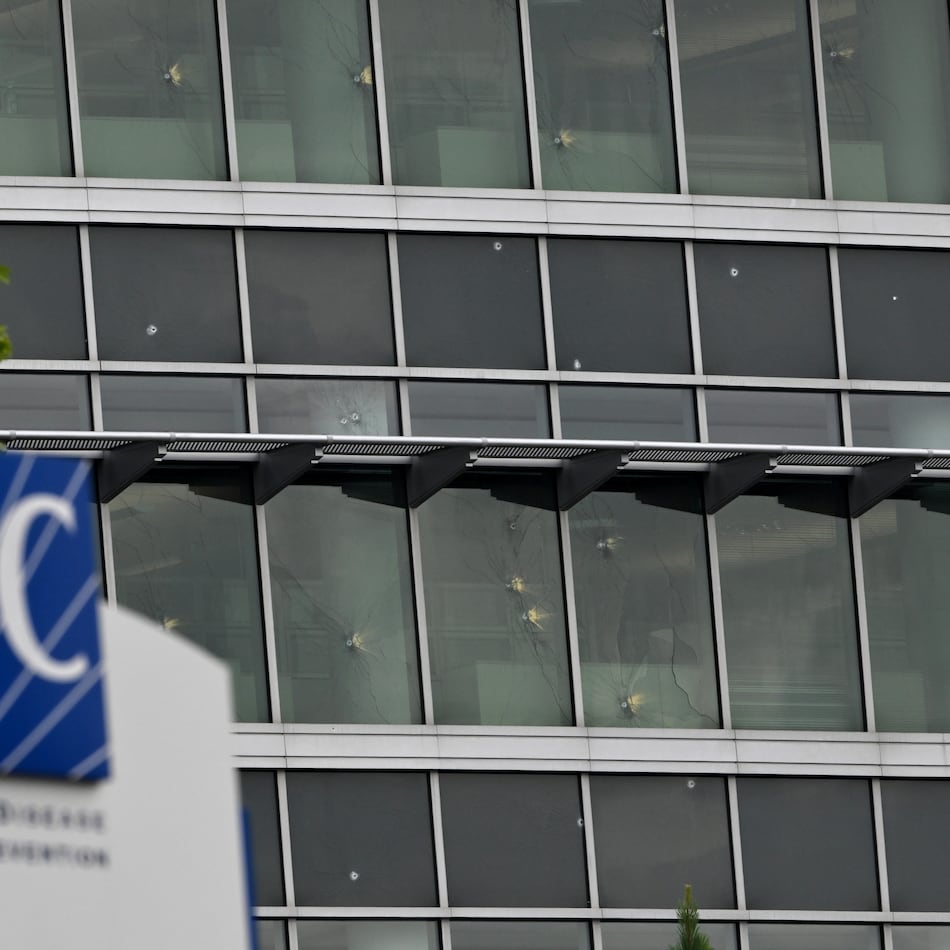Democrats clinched control of the U.S. Senate with a victory in a hard-fought Nevada race, reshaping the Dec. 6 runoff in Georgia between Sen. Raphael Warnock and Republican Herschel Walker.
Sen. Catherine Cortez Masto’s victory over Republican Adam Laxalt, which was projected Saturday by several national media outlets, ensures Democrats retain 50 seats in the closely divided chamber. Vice President Kamala Harris holds the tie-breaking vote.
That outcome lowers the stakes of Georgia’s runoff between the two rivals. Instead of a second consecutive Georgia runoff for control of the chamber, the vote will determine whether Democrats have a two-seat cushion in the Senate.
That could be favorable for Warnock, who ran slightly ahead of Walker in Tuesday’s vote but was nonetheless forced into a runoff because he didn’t surpass the 50 percent threshold required to win outright.
Walker has tried to frame the race as a check on President Joe Biden’s powers. Biden’s approval ratings remain low in Georgia, and polls indicate some Republicans are willing to look past their concerns about Walker to vote for GOP control of the chamber.
But now that Democrats control the Senate, Walker can’t cast the race as a battle to flip back control of the chamber. And that could give voters worried about Walker’s personal issues less of a reason to vote in a post-Thanksgiving overtime race.
”Republicans’ main argument for electing Herschel Walker just went up in smoke,” said Sarafina Chitika, a Warnock campaign spokeswoman.
Walker supporters, meanwhile, expressed confidence their base would be fired up even if the runoff no longer influenced which party controlled the Senate.
“The Georgia runoff is still huge in importance for Republicans. At 50-50, it’s possible to peel off Kyrsten Sinema or Joe Manchin for the most leftist Democrat legislation,” said Scott Johnson, a veteran GOP activist, of the two moderate Senate Democrats. “A Democratic victory in Georgia takes that out of possibility.”
Democrats kept their grip on the Senate after tens of thousands of mail-in ballots in Arizona and Nevada were tallied. On Friday, national outlets called the race in Arizona for Democratic incumbent Mark Kelly. The Nevada call came a day later.
Georgia has experience with the role that Nevada played on Saturday. In 2021, victories by Warnock and Democrat Jon Ossoff over two GOP incumbents flipped control of the chamber, allowing Biden to pursue a more aggressive agenda.
The party’s hold of the Senate in the midterm now gives Biden more leeway to press his agenda before a closely divided Congress — and avoids a scenario where Republicans could block the president’s judicial appointments and stymie his legislative proposals.
Credit: Jason Getz / Jason.Getz@ajc.com
Credit: Jason Getz / Jason.Getz@ajc.com
Credit: Hyosub Shin/AJC
Credit: Hyosub Shin/AJC
While Georgia Democrats celebrated the victories in Arizona and Nevada, some party leaders insisted the outcome doesn’t change the dynamics of a race that has already attracted a torrent of attention and an onslaught of new ads.
U.S. Rep. Nikema Williams, the chair of the state Democratic Party, said voters are more concerned with who can “deliver for them every day” in Georgia rather than the fate of Senate control in Washington.
“Whether it’s for the 50th vote or the 51st vote, we’re confident that when we put Sen. Warnock’s competence and character on the ballot against Herschel Walker, we win every time,” she said.
About the Author
The Latest
Featured




